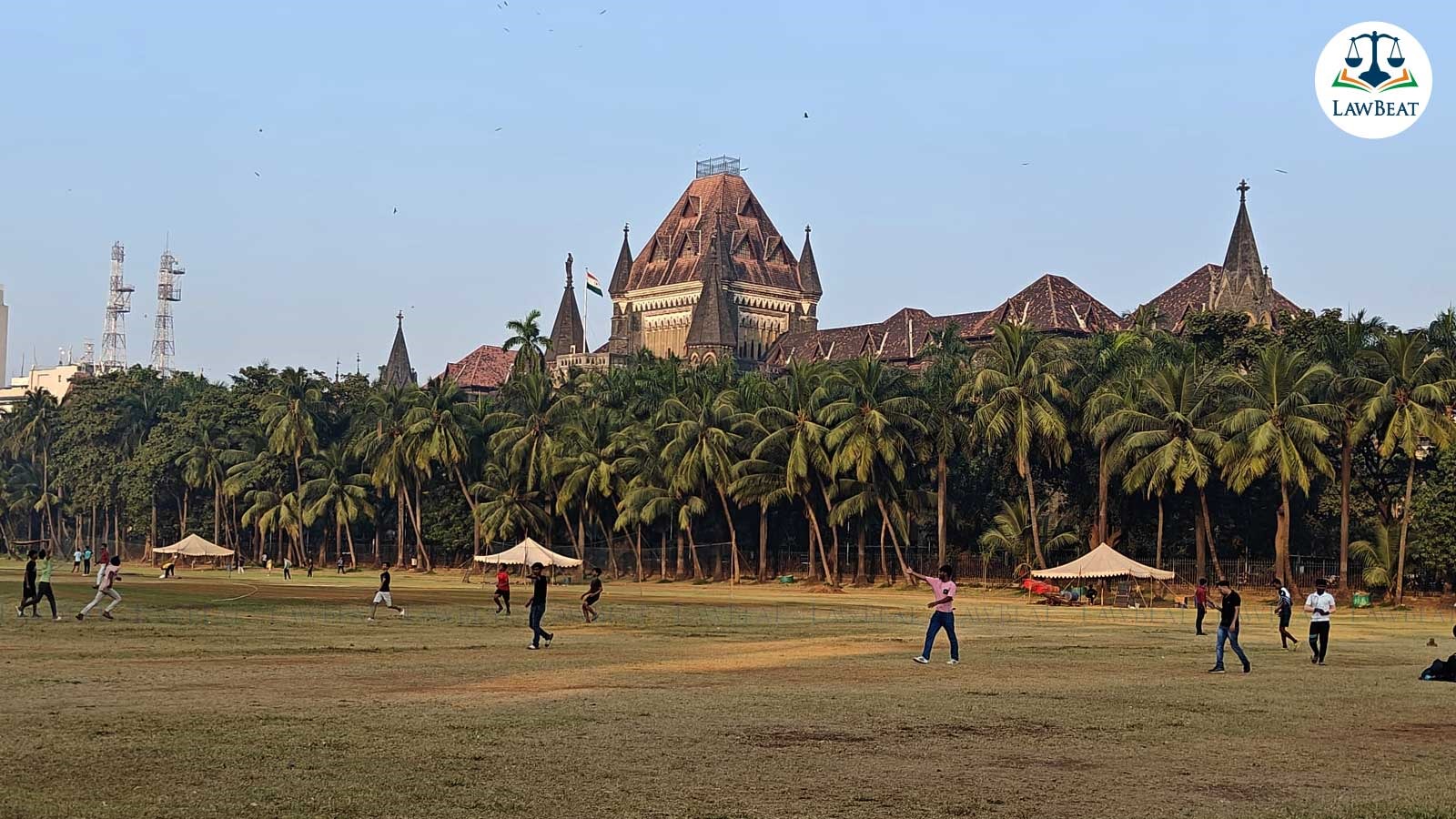Eve Teasing Often a Reason Leading To Other Serious Offences: Bombay High Court

The high court convicted the trio under Section 304 (Culpable Homicide Not Amounting to Murder) and set aside the trial court's judgment convicting them under Section 302 (Murder)
The Bombay High Court recently observed that eve teasing is very common and often becomes a reason for another serious offence, for which stringent punishment should be imposed.
“There is need to keep under control such instances of teasing young girls, which are common and often become reason for another offence and sometime to serious one. Therefore, stringent punishment should be imposed on the accused persons for the offence of Section 304 (Part-II),” the court said.
The division bench of the high court comprising Justice AS Gadkari and Justice Shyam Chandak was hearing an appeal filed by three men whom the trial court convicted of killing a man.
The case pertained to eve-teasing of a young girl by one Abhijit Sangare. The young girl complained about the incident to her mother, who then informed her brother.
The brother subsequently informed their neighbour (the deceased), who went to Sangare and warned him not to engage in such acts.
After warning Sangare, the deceased returned home with the victim, after a while, Sangare, along with two men, reached the deceased's house with iron rods and a wooden log and assaulted him.
The deceased sustained injuries and succumbed to them. The trial court convicted the three men and awarded them life imprisonment. Thereafter, the three men challenged the trial court's judgment in the high court.
The high court convicted the trio under Section 304 (Culpable Homicide Not Amounting to Murder) and set aside the trial court's judgment convicting them under Section 302 (Murder).
“These circumstances clearly indicate that even though the accused persons were carrying two weapons, they restricted themselves to only one injury on the vital part of the body (head) and that too without exercising much force, otherwise there would have been at least a fracture to the scull like to the right tibia-fibula. The deceased died due to complications following the head injury," the judgement reads.
The high court reduced the life imprisonment sentence of the three men to rigorous imprisonment for 10 years.
Case title: Eknath Laxman Shinde vs State of Maharashtra
